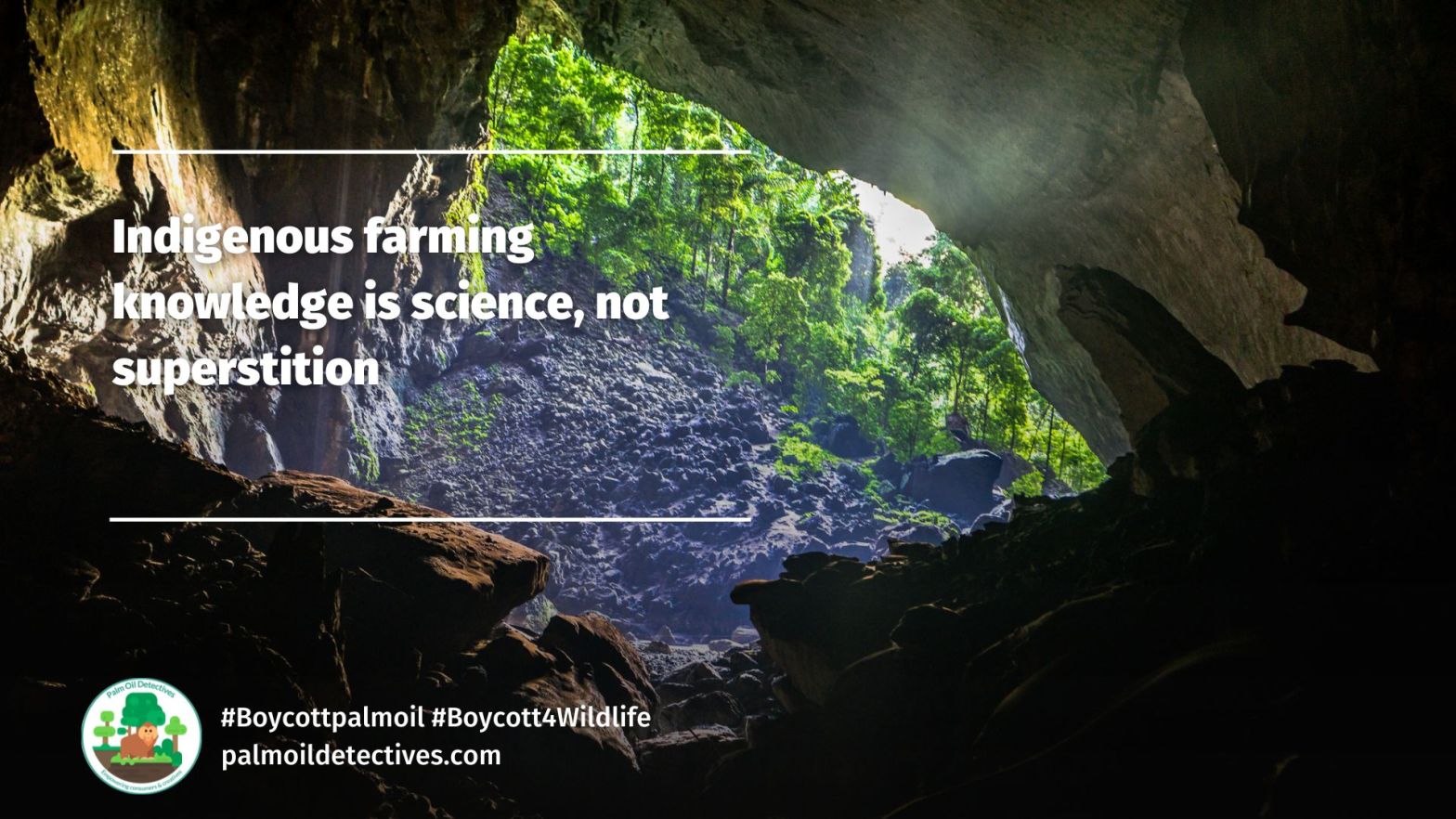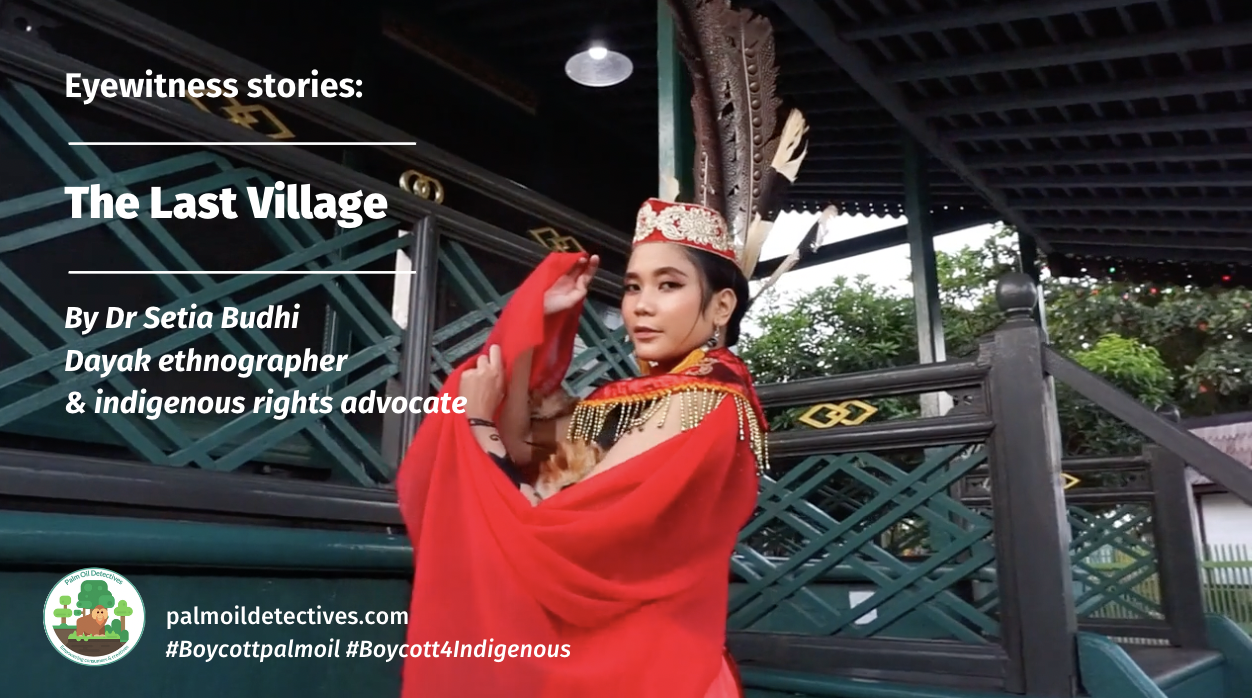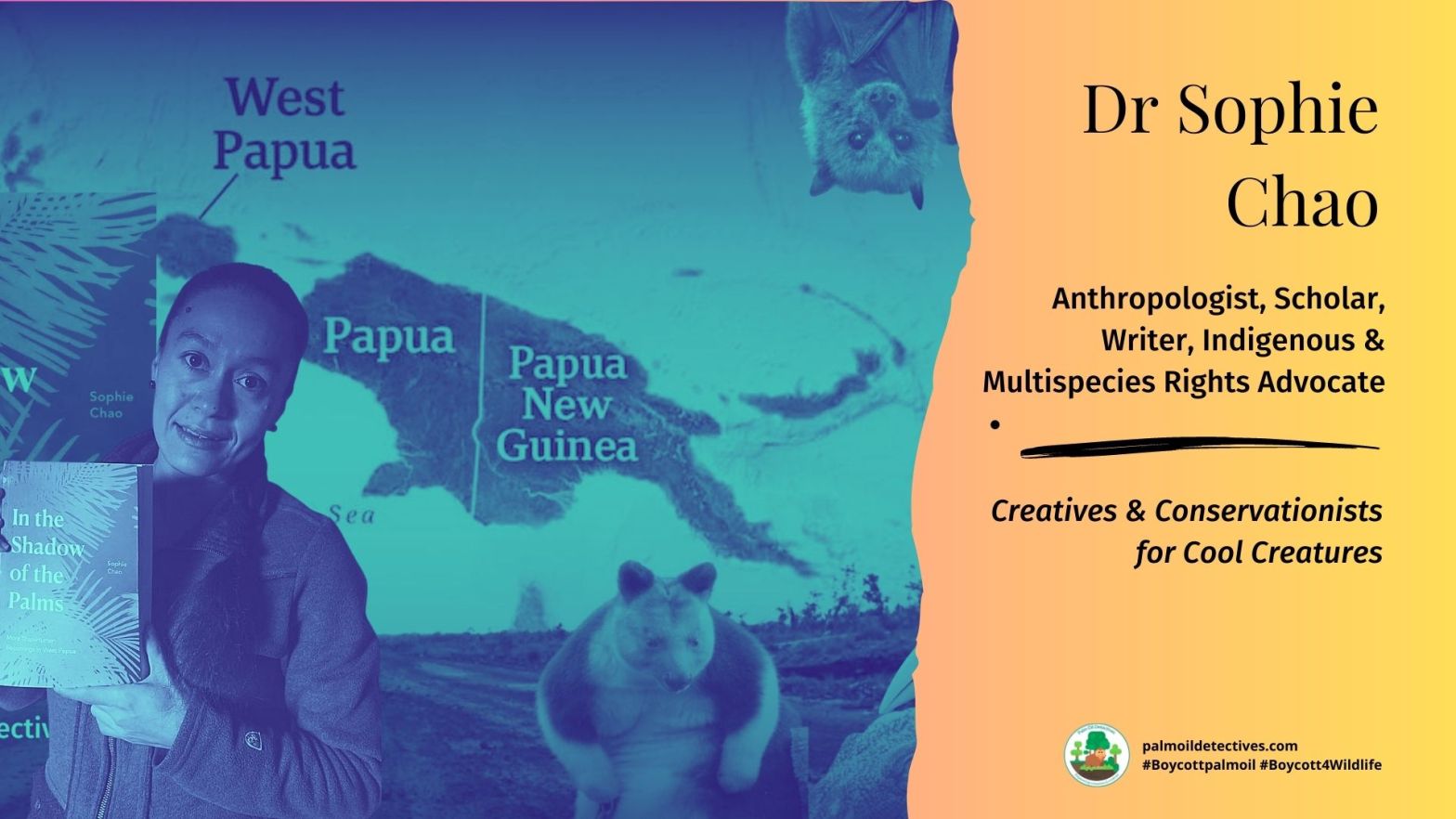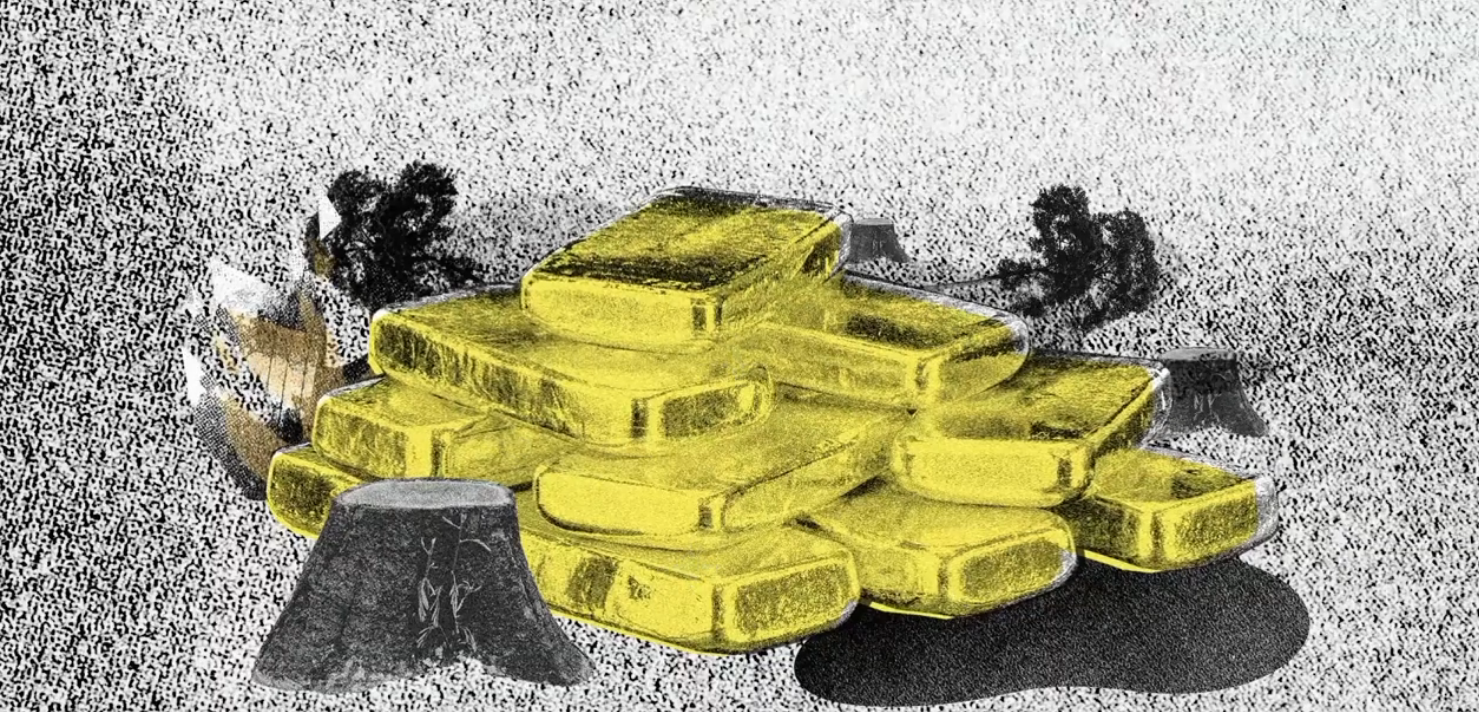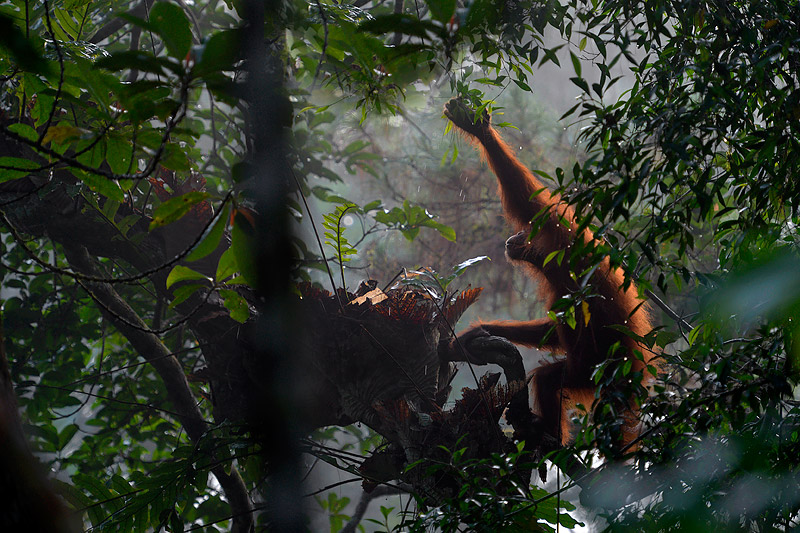What does it mean when you encounter snakes slithering along paths or find a bird nest with eggs? For Indigenous peoples in Malaysia, these are tell-tale signs passed down by their ancestors discouraging them from using the land. Instead, they must protect the area from unscrupulous developments.
Tag Archives: Indigenous activism
Indonesia’s misinformation army ready for war in 2023
With controversial law reform, an election and a ban on deforestation palm oil in EU – In 2023, Indonesia’s government is set to ratchet up greenwashing, propaganda and misinformation on social media.
But the biggest propagator of disinformation seems not to be political renegades, but the Widodo administration. Fuelled by a well-resourced propaganda machine, the government is ready to fight dirty to win over public opinion.
Story via 360Info.org.
Written by By Ika Idris, Monash University Indonesia, Laeeq Khan, Ohio University, and Nuurrianti Jalli, Northern State University in Tangerang. January 16 2023 for 360Info.org. Dr Ika Idris is an associate professor at Public Policy & Management, Monash University Indonesia. Her works focus on government communication, misinformation, and the internet’s impacts on society. Republished here with a Creative Commons Licence.
#Boycottpalmoil #Boycott4Wildlife
Land-grabbing and the climate crisis are strongly linked to palm oil
A corporate monopoly for control over land and resources for palm oil must be dismantled immediately to give humanity, animals and our natural world a fighting chance for survival and to reverse the climate crisis. In Asia, many indigenous peoples are now joining forces and rising up to resist this corruption and ecocide.
Eyewitness Story by Dr Setia Budhi: The Last Village
A lone Dayak village in Borneo surrounded by palm oil plantations has held out for 14 years and resisted
corporate infiltration by global palm oil giants. My name is Dr Setia Budhi, I am a Dayak ethnographer and human rights advocate. I visited this village recently to see how they were going.
September 21st: International Day of Struggle Against Monoculture Plantations
Today is ‘International Day of Struggle Against Monoculture Tree Plantations. World Rainforest Movement have produced a powerful video to highlight the Ugandan people’s struggle against BIDCO an international company partly owned by global palm oil giant Wilmar, who are taking land by force from locals by making false promises and using coercion and violence. They do so under the greenwashing protection of the RSPO
Anthropologist and author of ‘In the Shadow of the Palms’ Dr Sophie Chao: In Her Own Words
Dr Sophie Chao is an environmental anthropologist and environmental humanities scholar interested in the intersections of capitalism, ecology, Indigeneity, health, and justice in the Pacific.
Palm Oil Detectives is honoured to interview to Dr Sophie Chao about her research into the impacts of palm oil on the daily lives of Marind people and other sentient beings in West Papua.
I wrote In the Shadow of the Palms because I wanted the world to understand how deforestation and industrial oil palm expansion are undermining Indigenous ways of being in West Papua.
Indigenous and local communities key to successful nature conservation
Indigenous and local communities are key to successful nature conservation and for protecting animals from extinction. Story via Eureka Alert and the University of East Anglia. Indigenous Peoples and local communities provide the best long-term outcomes for conservation, according to new research from the University of East Anglia (UEA) and partners in France. Lead author,Continue reading “Indigenous and local communities key to successful nature conservation”
Barbara Crane Navarro: Artist & Activist In Her Own Words
Barbara Crane Navarro is a French-American artist, writer, Indigenous and animal activist who lives near Paris. From 1968 to 1973 she studied at Rhode Island School of Design, then she went on to study at the San Francisco Art Institute in San Francisco, California, for a BFA.
Her work over many decades has been informed and inspired by time spent with indigenous communities. She took various study trips devoted to the exploration of techniques and natural pigments of different indigenous communities including the Dogon of Mali, West Africa, and the Yanomami communities in Venezuela and Brazil. Learn more about why she supports the #Boycott4Wildlife
13 Reasons Why You Should Boycott Gold For The Yanomami People
Hunger for Gold in the Global North is fueling a living hell in the Global South. Here are 20 reasons why you should #BoycottGold4Yanomami
The Orangutan with the golden hair: A short story by Setia Budhi @setiabudhi18
He’s a golden haired orangutan, at least that’s what the villagers called him…. He is a male of the species of Pongo pygmaeus. This orangutan appears all the time on the slopes of the Müller Mountains, located 10,000 meters from the Mantikip Dayak village in the lush green heart of Borneo. News spreads rapidly throughoutContinue reading “The Orangutan with the golden hair: A short story by Setia Budhi @setiabudhi18”
Dayak Indigenous Ethnographer Dr Setia Budhi: In His Own Words
Dr Setia Budhi is a senior lecturer in Anthropology and Sociology at Universitas Lambung Mangkurat. He is an indigenous advocate, forest conservationist and a research specialist in Dayak ethnography in South, Central and East Kalimantan. He completed his PhD in 2010 at UKM Malaysia under the supervision of Prof. Awang Hasmadi Awang Moeis and Prof. Aishah Bt Mohamed. He now serves as Head of the Sociology Department and a member of the Indonesian Anthropology Association of South Kalimantan-Indonesia.
His research relates to the Dayak people and impact of socio-cultural changes, exploitation of natural resources and modernisation on their lives. In particular, he investigates how the depletion of the forest affects the availability of food sources for Indigenous Dayak peoples.

